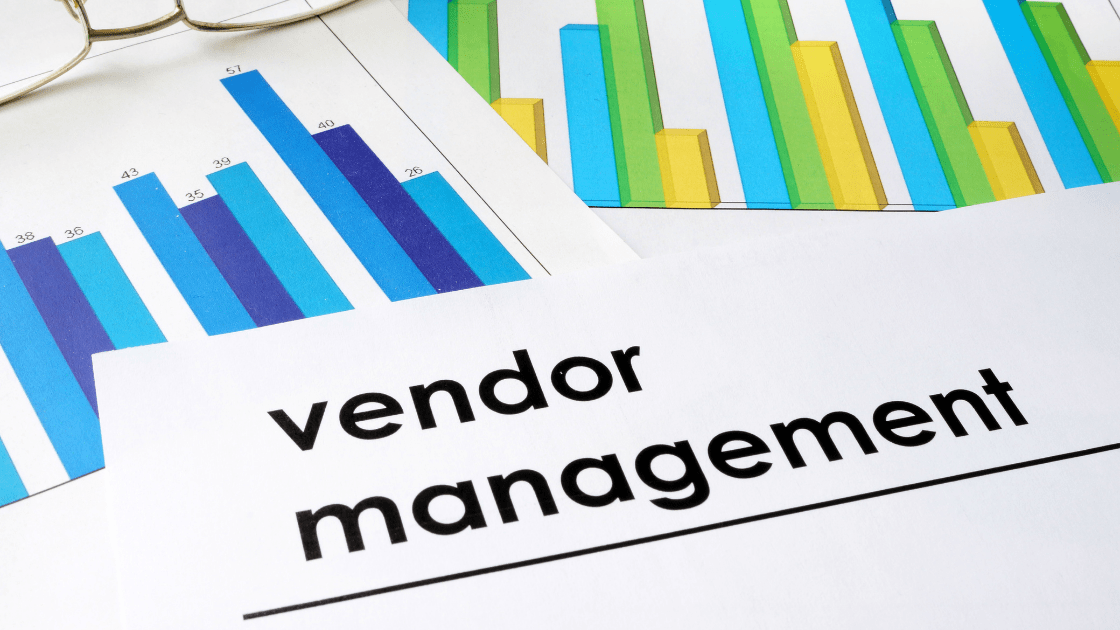Introduction
Evaluating performance, processes, and collaboration in the manufacturing industry is critical to ensure operational efficiency, maintain quality, and foster strong supplier-customer relationships. This guide explores different evaluation methods, provides a survey question template, highlights KPIs, suggests evaluation frequencies, and includes practical tips to maximize effectiveness.
1. Key Evaluation Methods in Manufacturing
1.1 Supplier Performance Evaluation
Purpose: Measure supplier reliability, product quality, and delivery performance.
Frequency: Quarterly or bi-annually.
KPIs:
- On-time delivery rate.
- Defect rate (%).
- Lead time compliance.
- Cost adherence.
Survey Questions Template:
- How would you rate the timeliness of deliveries?
(Scale: 1-10) - Were there any quality issues with the supplied goods? (Yes/No, with comments)
- How satisfied are you with the supplier’s responsiveness to inquiries?
(Scale: Very Unsatisfied – Very Satisfied) - How well does the supplier align with cost agreements?
(Scale: 1-10)
Do’s:
- Include key stakeholders (procurement, quality control, and production teams).
- Communicate expectations clearly to suppliers.
Don’ts:
- Ignore qualitative insights from teams working directly with suppliers.
- Rely solely on survey data without contextual analysis.
1.2 Process Evaluation
Purpose: Identify inefficiencies in manufacturing processes and improve productivity.
Frequency: Monthly for high-impact processes; quarterly for others.
KPIs:
- Production cycle time.
- Scrap rate (%).
- Machine downtime (hours).
- Yield rate (%).
Survey Questions Template:
- Are there any recurring bottlenecks in this process? (Yes/No)
- How would you rate the current process efficiency? (Scale: 1-10)
- What suggestions do you have for reducing waste or improving productivity? (Open-ended)
Do’s:
- Conduct walk-throughs and involve floor-level employees.
- Benchmark against industry standards.
Don’ts:
- Overlook indirect factors like training gaps or poor communication.
- Rely only on numerical KPIs; listen to team feedback.
1.3 Customer Satisfaction Evaluation
Purpose: Gauge how well products and services meet customer needs.
Frequency: After every major project or delivery; at least twice a year.
KPIs:
- Net Promoter Score (NPS).
- Customer retention rate (%).
- Average resolution time for complaints.
- Product return rate (%).
Survey Questions Template:
- On a scale of 0-10, how likely are you to recommend our products/services? (NPS)
- How satisfied are you with the product quality? (Scale: 1-10)
- Were your issues resolved promptly? (Yes/No, with comments)
- Are there additional services or products you wish we offered? (Open-ended)
Do’s:
- Use anonymous surveys for honest feedback.
- Follow up on specific complaints or suggestions.
Don’ts:
- Delay surveys; feedback should be timely to ensure relevance.
- Neglect to act on feedback.
1.4 Employee Performance and Engagement Evaluation
Purpose: Understand employee satisfaction, skill gaps, and productivity levels.
Frequency: Bi-annually or annually.
KPIs:
- Employee retention rate (%).
- Training completion rate (%).
- Internal promotion rate (%).
- Employee satisfaction score.
Survey Questions Template:
- How supported do you feel in your role? (Scale: 1-10)
- Do you have the necessary tools and training for your job? (Yes/No, with comments)
- What improvements can be made in your work environment? (Open-ended)
- How would you rate communication within the team? (Scale: 1-10)
Do’s:
- Ensure anonymity to encourage honest responses.
- Involve HR and team leaders in the evaluation process.
Don’ts:
- Use evaluations solely for punitive measures.
- Ignore non-quantifiable factors like workplace culture.
2. KPIs to Focus on for Evaluations
| Area | Key KPIs |
|---|---|
| Supplier Performance | On-time delivery rate, defect rate |
| Process Efficiency | Scrap rate, cycle time, yield rate |
| Customer Satisfaction | NPS, return rate, retention rate |
| Employee Engagement | Retention rate, satisfaction score |
3. Frequency and Involvement
| Evaluation Type | Frequency | Involvement |
|---|---|---|
| Supplier Performance | Quarterly | Procurement, quality control, management |
| Process Evaluation | Monthly/Quarterly | Production teams, process engineers |
| Customer Satisfaction | Bi-annual | Sales, customer service, account managers |
| Employee Engagement | Annual/Bi-annual | HR, department heads, all employees |
4. Practical Tips: Do’s and Don’ts
Do’s:
- Use a combination of quantitative and qualitative data.
- Align evaluations with organizational goals and values.
- Share findings with all relevant stakeholders for transparency.
Don’ts:
- Overcomplicate evaluations with too many metrics.
- Use a one-size-fits-all template; tailor evaluations to context.
- Neglect to follow up on feedback and implement changes.
5. What to Expect from Effective Evaluations
- Improved Collaboration: Strengthened supplier relationships and internal communication.
- Increased Efficiency: Identification of bottlenecks and solutions for smoother processes.
- Higher Retention: Employees and customers feel valued and heard.
- Better Decision-Making: Data-driven insights for strategic planning.
Conclusion
Evaluations in the manufacturing industry are not just a formality—they are a strategic tool for continuous improvement. By implementing structured methods, engaging the right stakeholders, and focusing on actionable KPIs, manufacturers can drive significant value across their operations. Remember, the key is not just collecting data but using it to create meaningful change.


